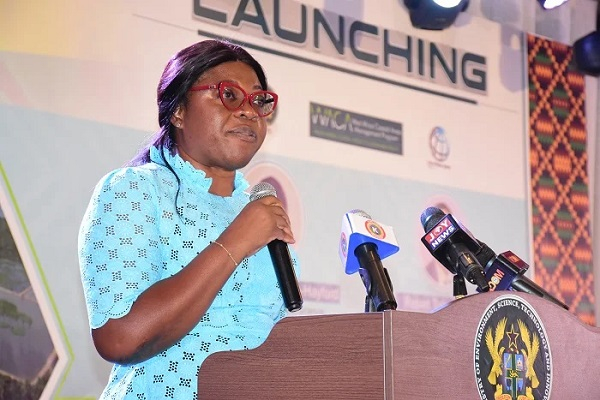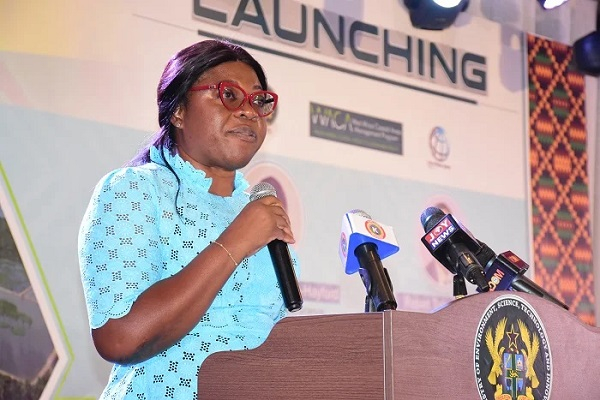
ACCRA, Aug 9 (NNN-GNA) — Ghana has received a total of $155 million to help restore the country’s degraded coastal areas.
The funding package comprises $150 million in financial support and an additional $5 million grant, aimed at mitigating the impact of natural and human-induced disasters on Ghana’s coastal communities.
The Programme Leader of World Bank for West Africa, Naila Ahmed, disclosed this in Accra at the West Africa Coastal Areas (WACA) Resilience Project launch II.
Organised by the MESTI the project is aimed at reducing coastal erosion in the coastal areas of Ghana.
The launch was attended by representatives from World Bank , WACA, Ministry of Finance (MoF), Civil Society Organisations (CSOs), MESTI, the Ministry of Lands and Natural Resources (MLNR).
Naila said that Ghana’s 5.5 million coastal residents faced significant challenges as 80 per cent of the coastline was highly vulnerable to erosion and flooding adding that this challenge was very disheartening.
She said that the first phase of the WACA project had benefited 27,000 households who were now less exposed to coastal erosion and flooding.
“Over 27,000 hectares of natural habitat in the coastal zone has been restored. 4,200 people have benefited from social sub-projects with 75 per cent of them being women,” she said.
The Programme Leader said while the challenges facing coastal communities are significant, they could be achieved through collective action.
“By working together, we can build a resilient and sustainable future for our coastal communities, protecting livelihoods, ecosystems, and infrastructure from the impacts of climate change and coastal erosion,” she said.
The Minister of Environment, Science, Technology, and Innovation (MESTI), Ophelia Mensah-Hayford, confirmed the receipt of the funds.
She said an average of 500,000 people in Africa were affected every year by aggravated coastal erosion, flooding and pollution adding that the financial support would help mitigate coastal crises in the country.
“These coastal disasters threaten the physical landscape and destabilise our coastal community’s socio-economic resources. The situation along the coast of Ghana has further been exacerbated by climate change and this menace cannot be underestimated,” she said.
She said that challenges like flooding undermined spending on education, health, climate and other developmental priorities, thereby weakening the livelihoods of millions of coastal dependent households.
“In a country with an economy historically driven by high resilience and natural resources, managing Ghana’s coastal zone environment is crucial for sustainable development and climate resilience,” Mensah-Hayford said.
The minister said that the project sought to integrate the activities of countries and regional institutions to achieve transformational and sustainable change in coastal zone environment.
She said that at the regional level, the project created a dynamic space for coastal countries and partners to share knowledge and expertise and improve their assets to finance to set common priorities and harmonise policies for cross-border investment.
“By harnessing the expertise and resources of various institutions, we can enhance collaboration and coordination, minimise duplication of efforts and conserve our limited national resources for other development initiatives,” Mensah-Hayford said.
On his part, Chief Director of MNLR, Prof. Patrick K. Agbesinyale, said that some sectors of the ministries in the country would provide essential technical support to WACA to help make the project a success.
“These institutions will provide essential technical support, while the coastal civil society organisations represented here will ensure active participation and community engagement from the beneficiary communities,” he said. — NNN-GNA





